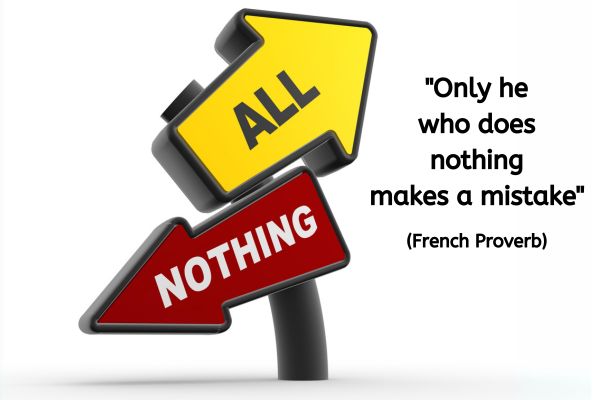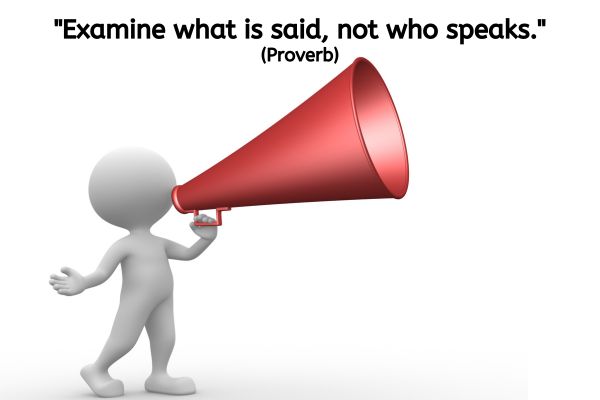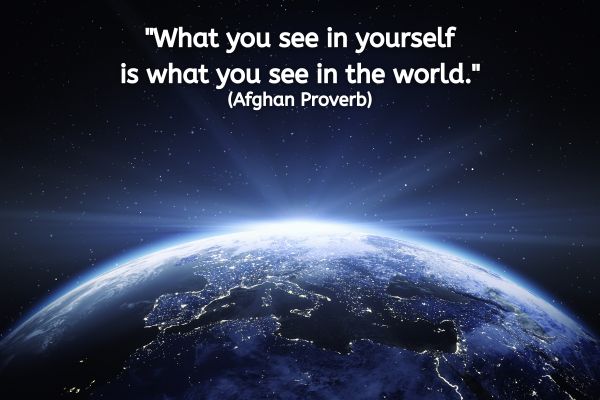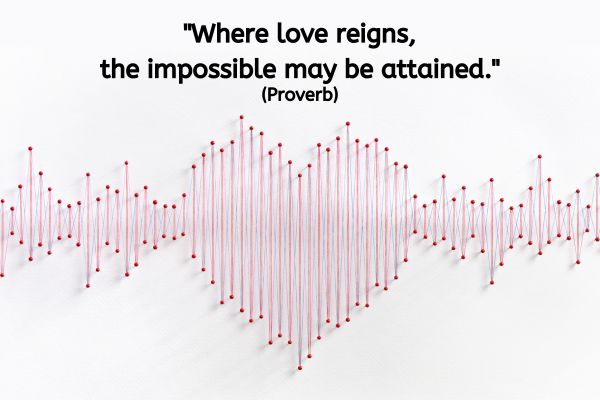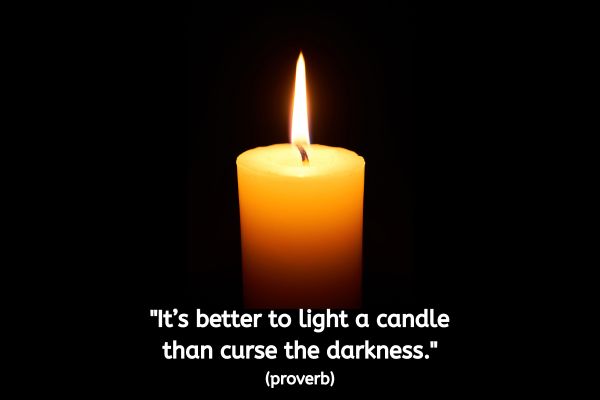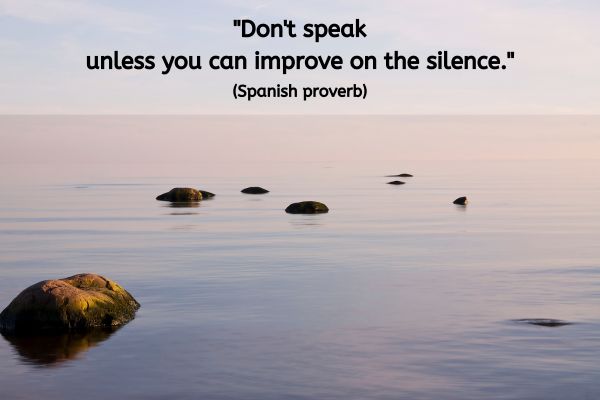What If You Didn’t Have to Be Perfect?
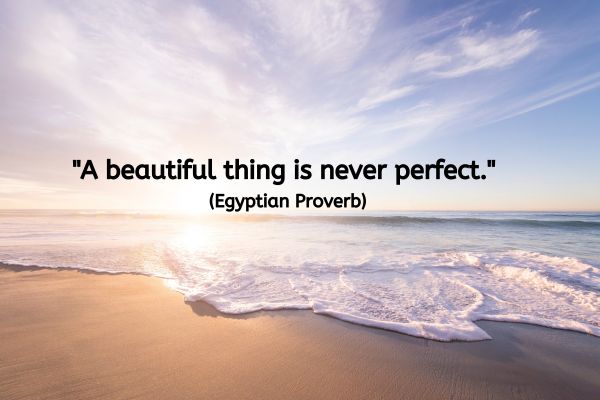
The quote of the day is actually a proverb:
“A beautiful thing is never perfect.” (Egyptian Proverb)
Isn’t it funny what we can do to ourselves with busy thinking? Sometimes, our minds create an endless loop of judgment, striving, and assumptions about how things should be. And often, perfectionism is at the heart of it.
Perfectionism, to me, seems like a lot of thinking. It’s fuelled by the assumption that things could always be better than they are right now. While the idea of improvement isn’t inherently bad, perfectionism often carries a sense of “not enough”—a constant inner critic pointing out what’s wrong or incomplete.
But what if we didn’t have to carry the heavy weight of assumptions about how things should be? What if we’re not inherently broken? What if, ironically, we’re already perfect just the way we are? Not perfect in the sense of flawlessness, but perfect in our wholeness, our humanity, and our capacity for growth.
Does this mean striving for improvement is wrong? Not at all. There’s a world of difference between moving forward with curiosity and intention versus mentally beating yourself up with judgment and self-criticism.
When I reflect on the Egyptian proverb, A beautiful thing is never perfect, I’m reminded of the richness in imperfection. The cracks, quirks, and so-called flaws often hold the most meaning. They make something real, alive, and uniquely ours.
What would it be like to live from that perspective? To see yourself as whole and complete right now, even as you continue to grow and evolve? What if, instead of striving for perfection, you simply allowed yourself to be?
How would your life change if you really didn’t have to be perfect? How would your relationships shift, your work, or your sense of well-being? What could that look like?
And if you’re a coach, what impact would really seeing this have for you and your clients? Imagine what could open up for someone if they stopped chasing an impossible standard and instead embraced the idea that they’re enough exactly as they are.
Perhaps the greatest irony of all is that in letting go of the relentless pursuit of perfection, we might discover we’ve been enough all along. Perfection was never required to create beauty, connection, or joy.
So, what if perfection wasn’t the goal, but rather an invitation to see the beauty that’s already here—within us and around us? What if, instead of focusing on fixing ourselves, we noticed what’s already whole?
Maybe, just maybe, we’re already more than we thought we needed to be.
If all this feels like a step too far for you right now, I invite you to play with taking a more compassionate perspective toward yourself and seeing where that leads. And remember—you don’t have to be perfect at letting go of perfectionist thinking either. It’s simply nice to know that you don’t have to hold on to those thoughts to still be whole underneath.
About Jen Waller

Jen Waller is a transformative coach dedicated to empowering individuals to get out of their own way and make a meaningful impact in the world. With an impactful, nurturing coaching style, Jen supports clients in unlocking their potential and achieving their goals. As an experienced coach and trainer, she guides clients from self-doubt to success.
Discover how Jen can support you to get out of your own way here.
If today’s reflections on perfectionism resonated with you, reach out to explore how coaching can create space for new insights and possibilities.
